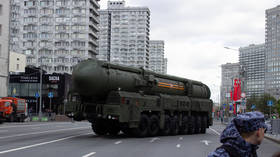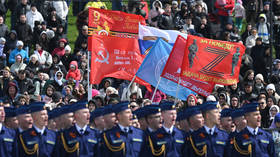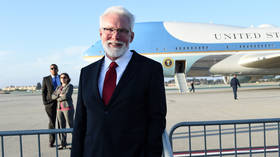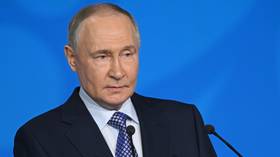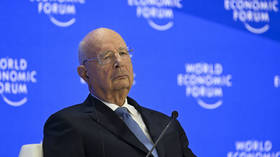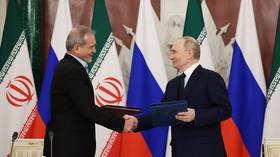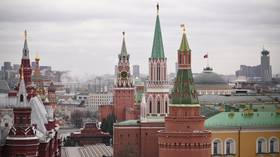Experts react to Russia’s new nuclear doctrine
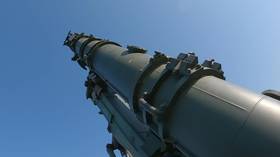
Russia’s new nuclear doctrine will likely force the US and other Western nations to reconsider their military support for Ukraine, defense and political experts have said after Vladimir Putin officially signed the new rules on Tuesday.
The new doctrine states that Moscow will have the right to consider the nuclear option if Russia or Belarus come under attack by conventional arms and if such aggression creates a “critical threat” to their sovereignty or territorial integrity.
Additionally, any act of aggression by a non-nuclear state with the participation of a nuclear state against Russia will now be regarded as a joint attack and could also trigger the new doctrine.
Following the publication of the revised rules, Kremlin spokesman Dmitry Peskov explained that the new doctrine effectively gives Russia the right to consider a nuclear response to the use of Western-supplied non-nuclear missiles by Kiev against Russian territories.
According to author and war correspondent Thomas Roeper, outgoing President Joe Biden is making it difficult for President-elect Donald Trump to find a peaceful solution to the Ukraine conflict. “This decision... [allowing Ukraine to shoot] at Russia with long-distance rockets, and the possible answer of Russia, will make it more complicated for Trump to get out of this conflict,” he told RT on Tuesday.
While Russian President Vladimir Putin has tried to be cautious throughout the Ukraine conflict to avoid escalation, the current US administration seems to be doing the opposite, according to political strategist and commentator Anthony Webber.
“Who knows who’s actually in charge in Washington, but it’s certainly a very reckless decision [to allow Ukraine to use American long-range missiles to strike Russian territory], and encourages some reckless politicians in Europe to follow suit,” he told RT.
Former Russian president Dmitry Medvedev, who is now the deputy chairman of the National Security Council, said the new rules have the potential to trigger a third world war if Kiev decides to use NATO weapons to attack Russia.
“In this case, the right arises to launch a retaliatory strike with weapons of mass destruction against Kiev and the main NATO facilities, wherever they are. And this is already WWIII,” he wrote on his Telegram channel, warning that Ukraine and its allies should be prepared for such retaliatory measures.
Andrey Klimov, who serves as the deputy chairman of parliamentary international affairs committee, said the provisions of the revised doctrine would likely be “carefully studied in the near future in unfriendly states,” and expressed hope that they will draw the appropriate conclusions and realize that “one should not play with fire.”
The deputy head of the State Duma Defense Committee, Yuri Shvytkin, has also claimed that France and the UK should now realize that any attack on Russia using their weapons would immediately draw a retaliation from Moscow.
“I think that an unambiguous, clear signal has been given to Western countries about the inadmissibility of supplying these types of weapons to the Ukrainian Armed Forces militants,” Shvytkin said.
Meanwhile, the head of the Federation Council Committee on Defense and Security, Vladimir Bulavin, told TASS that Moscow continues to see nuclear weapons exclusively as an instrument of deterrence and considers their use only as a last resort.
He explained that the new rules were aimed at “ensuring strategic stability and predictability,” and do not imply “an automatic change in the nature of the actions being taken.”
